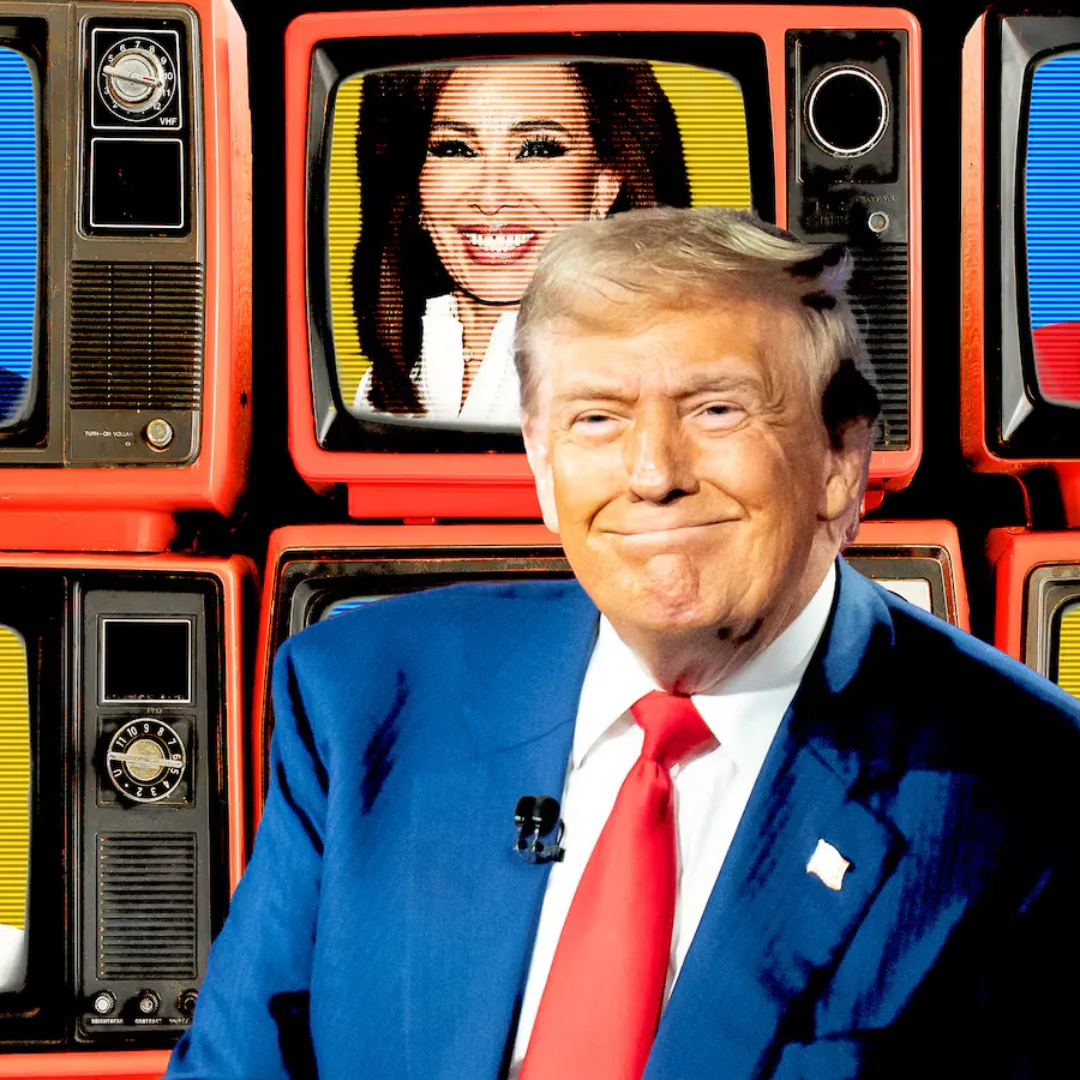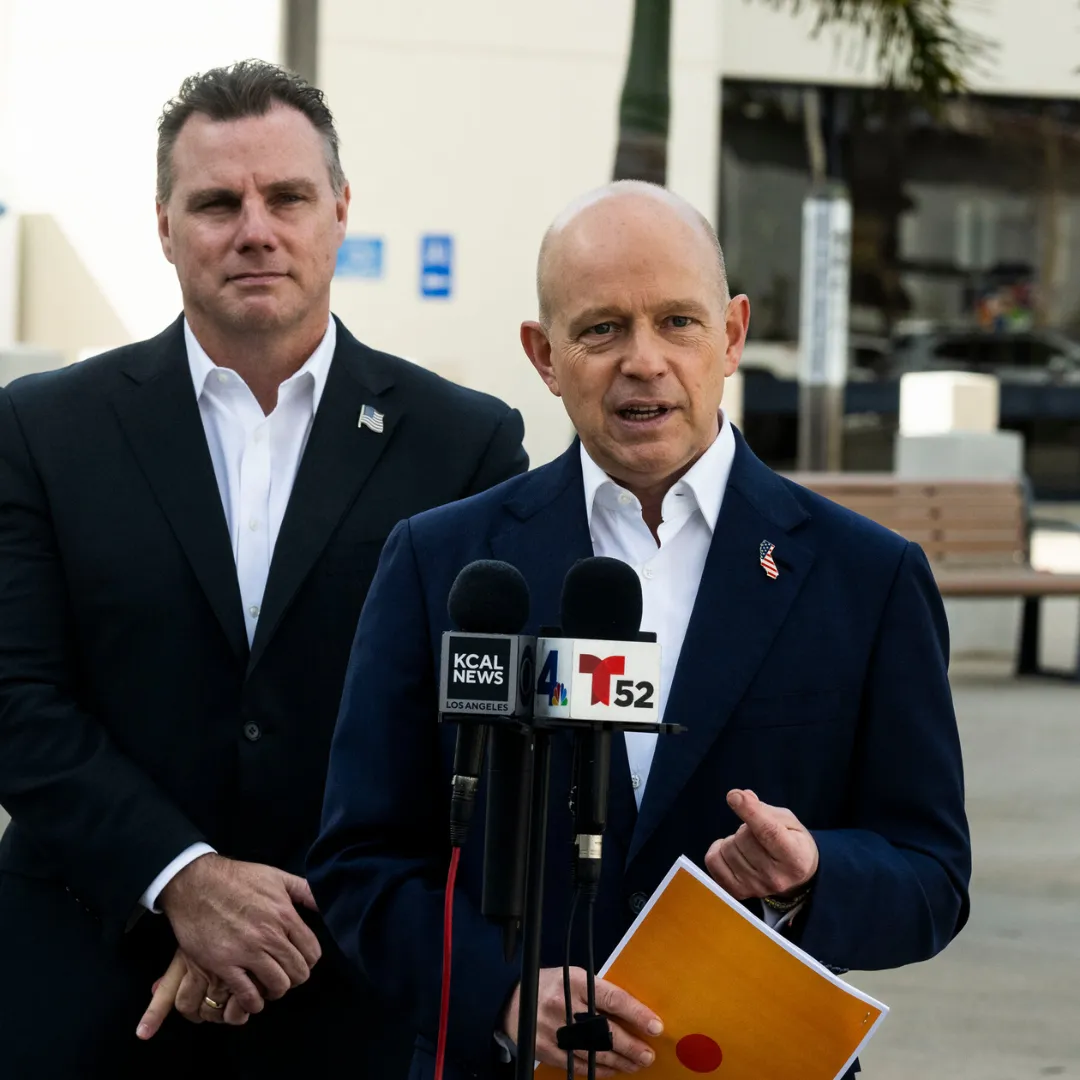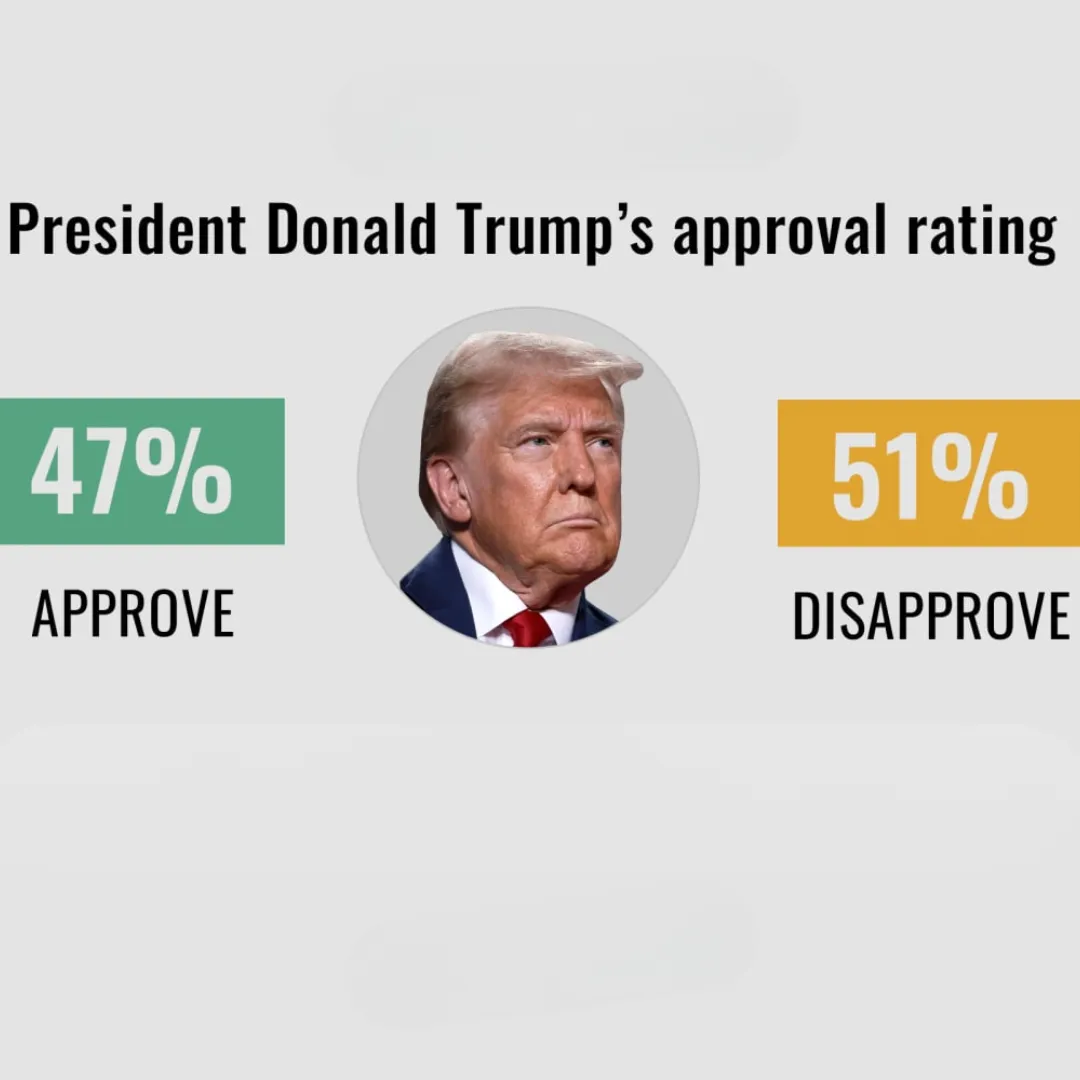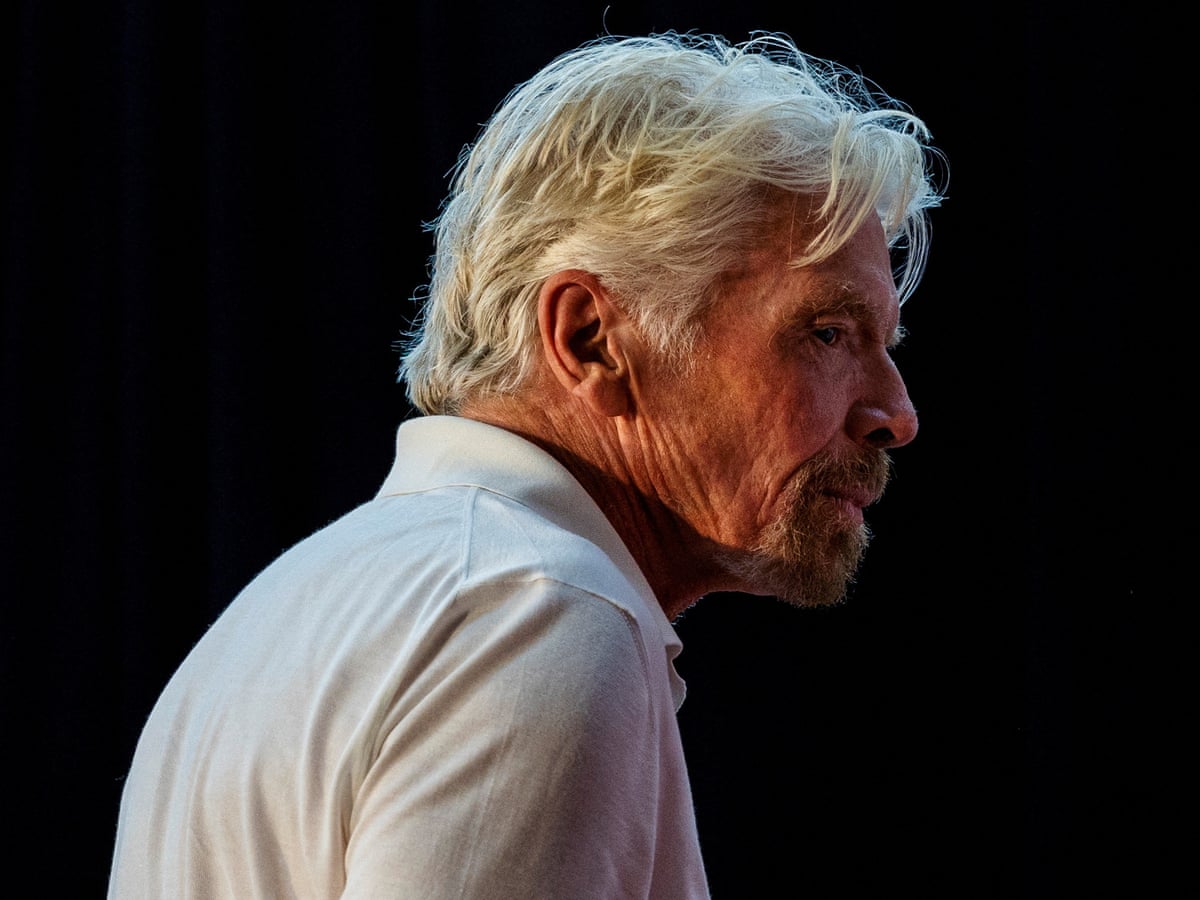
Richard Branson has delivered a scathing condemnation of President Trump’s trade and foreign policy strategy, accusing the American leader of steering the world toward uncertainty and economic paralysis.
The Virgin Atlantic founder, known for his bold entrepreneurship and global business ventures, spoke to reporters in the United Kingdom this week, warning that Trump’s erratic decisions are destabilizing markets and straining the fabric of international cooperation.
With stark language and visible frustration, Branson argued that the president’s unpredictable style is wreaking havoc not just on the United States, but on global commerce and diplomacy.
Speaking candidly, Branson described Trump’s approach to economic policy as both chaotic and dangerous. He pointed to the flurry of abrupt decisions, especially surrounding tariffs and trade partnerships, as evidence of a White House lacking strategic vision. “It’s just erratic, unpredictable, which is very, very difficult for business to deal with,” Branson said.
He emphasized that such volatility paralyzes decision-making across the globe, leading investors, companies, and even governments to freeze in place, delaying vital actions out of fear that the rules of engagement might shift overnight. “The unpredictability is just awful for everybody around the world,” he added, painting a bleak picture of how Trump's decisions ripple beyond America's borders.
In recent months, the Trump administration has upended longstanding trade arrangements with a series of aggressive tariff announcements, only to backtrack temporarily with a 90-day pause on certain hikes. These sudden reversals, Branson argues, have made it nearly impossible for companies to forecast costs or plan long-term operations.
For international businesses that depend on cross-border consistency, the result is a paralysis that stunts growth and weakens global economic resilience. The implications go beyond corporate spreadsheets. Branson insists that the president's actions are shaking the stability of the world order itself. “An unsettled world is not good for anybody,” he said. “People delay decisions on investment and spending.”

Branson also warned of a future where the United States is gradually pushed out of key economic alliances. As other countries adapt and move forward, he predicts they will do so without the U.S. at the table. “You can see a world where Europe, Australia, Japan, Korea, Vietnam, China, all trade together and build a powerhouse in years to come,” Branson said.
His concern is not only that America might be left out but that its absence could become permanent if current policies continue. The idea of the U.S. becoming a secondary player in global trade, sidelined by once-allied nations, would have been unthinkable just years ago. Yet Branson believes it is a very real possibility if the current trajectory remains unchecked.
The criticism comes at a time when the Trump administration is touting its economic decisions as bold moves to protect American interests. Supporters argue that the tariff strategy is a necessary correction to years of disadvantageous trade deals, and they view Trump’s willingness to disrupt global norms as a strength rather than a weakness.
However, Branson sees the strategy not as brave but as shortsighted and self-defeating. He expressed deep worry that the policies, driven by a narrow group of advisers, do not reflect the will of most Americans. “I honestly think this is a fairly small elite of people around Trump,” he said. “I don’t think he is carrying the vast majority of Americans in what he is doing.”
Branson’s remarks reflect a broader sentiment shared by many global business leaders who see the Trump administration’s confrontational style as a threat to economic order. While some corporate leaders in the U.S. have remained cautious in their criticism, Branson, unbound by American political constraints, spoke with clear disapproval and visible emotion.
“Most American people are decent individuals,” he said. “I’m just sad, incredibly sad. And many, many, many Americans I know are just very sad.” The sadness he describes is not rooted in political rivalry, but in a shared sense of loss—loss of leadership, loss of stability, and loss of the cooperative spirit that once defined American international relations.
His remarks have added fuel to an already raging debate over Trump’s second-term policies, particularly as they relate to global economic integration. Critics argue that the administration’s America First strategy has not only alienated allies but also jeopardized the long-term strength of the American economy.
They point to faltering relationships with traditional partners and a growing sense that America is isolating itself at a time when unity is more critical than ever.
Supporters of Trump counter that the strategy is working, insisting that tough stances and tariff threats are forcing countries to negotiate more favorable terms. They argue that Branson, as a billionaire businessman, represents globalist interests that have benefited from the very trade practices Trump aims to reform.
But even among those sympathetic to Trump's nationalist goals, there is growing concern over how erratically those goals are being pursued. The inconsistency and lack of transparency, critics say, are breeding confusion and fear across markets.
For Branson, the issue is not just ideological—it is practical. As the head of a multinational brand that operates across dozens of countries, he sees firsthand how policy instability affects jobs, innovation, and prosperity.
His business experience has taught him that stability, even amid disagreement, is vital for progress. In his view, unpredictability is the enemy of enterprise, and Trump’s governing style is fueling a level of global anxiety that could eventually lead to lasting economic consequences.
Whether or not Trump acknowledges the warning, Branson’s comments are likely to resonate with leaders in business and diplomacy alike. They underscore a growing rift between the United States and the rest of the world, a rift that is being watched with increasing worry from corporate boardrooms to foreign ministries.
As Trump presses ahead with his trade agenda, the global business community will continue to speak out, perhaps more forcefully, about the risks of a presidency that treats policy like a poker game.
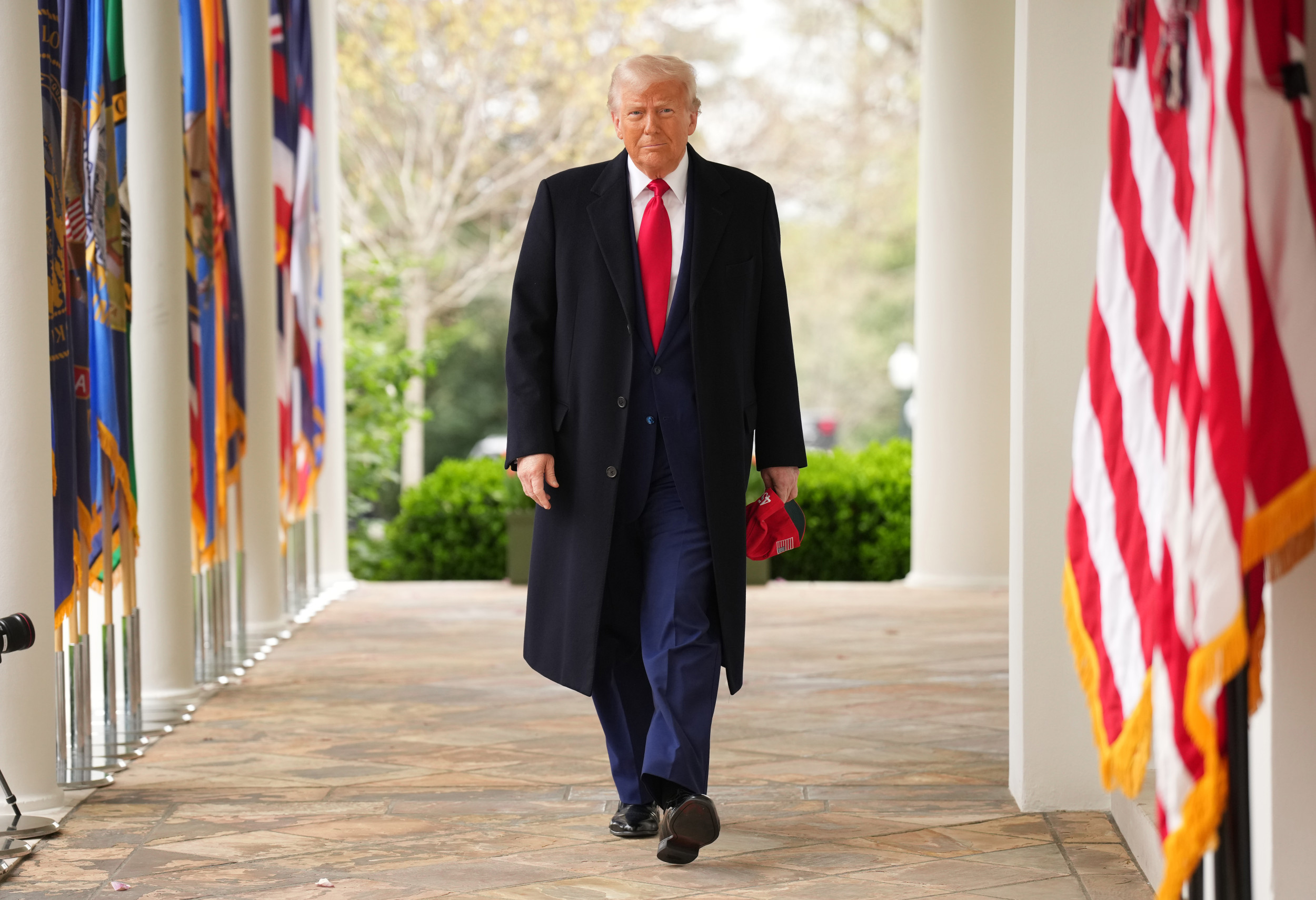
In the end, Branson’s critique may prove to be more than just a billionaire’s lament. It might be a preview of the realignment taking place in the global economy—one where the absence of consistent American leadership creates a vacuum others are ready and willing to fill.
If Trump’s unpredictability becomes the new norm, Branson’s vision of a world trading together without the United States may shift from speculation to reality. And in that world, the cost of erratic leadership could be measured not just in dollars lost, but in influence surrendered.

